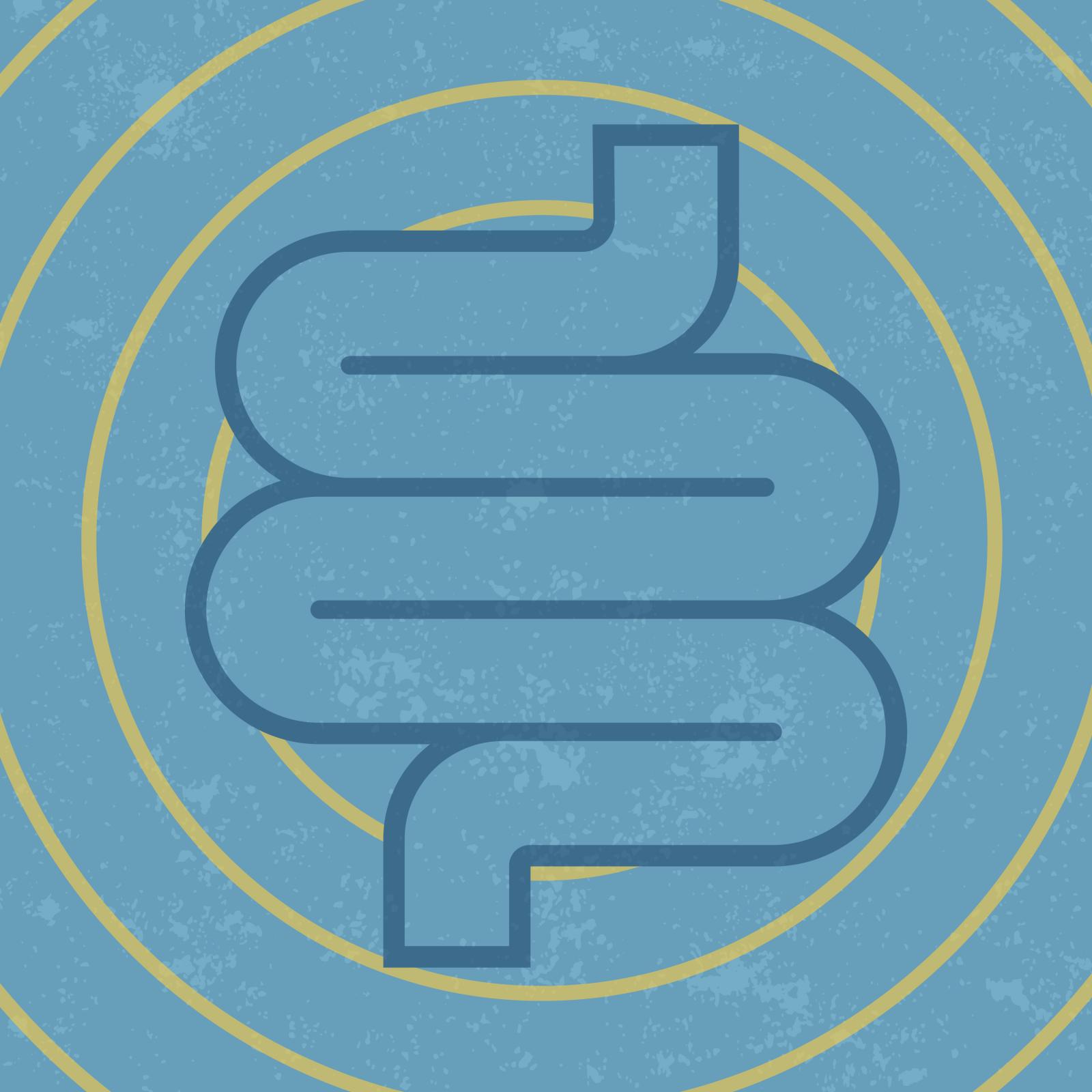Weight Loss and Colonoscopy: A Comprehensive Guide: Weight Loss With Colonoscopy
Weight loss with colonoscopy – Undergoing a colonoscopy can be a significant event, and for individuals carrying excess weight, the preparation process can present unique challenges. This article explores the intricate relationship between weight, colonoscopy preparation, and long-term weight management, offering practical strategies and insights to navigate this journey successfully.
The Impact of Excess Weight on Colonoscopy Preparation

Excess weight significantly impacts colonoscopy preparation. Higher BMIs often correlate with difficulties in achieving adequate bowel cleansing. The increased abdominal fat can obstruct the visualization of the colon during the procedure, potentially requiring repeat procedures. Furthermore, individuals with higher BMIs may find it more challenging to tolerate the large volumes of bowel prep solutions needed for complete cleansing, leading to increased discomfort and reduced compliance.
For example, a patient with a high BMI might experience more nausea and vomiting during bowel preparation than a patient with a normal BMI. The efficacy of bowel cleansing agents can also be reduced in individuals with higher BMIs, necessitating more aggressive bowel prep regimens or potentially impacting the procedure’s success.
Healthcare professionals should be mindful of these challenges. They should provide personalized guidance and support to patients with higher BMIs, considering factors such as medication tolerance and potential contraindications. This may involve adjusting the bowel preparation regimen, offering additional support and monitoring, and potentially involving a dietitian for personalized dietary advice.
Weight Loss Strategies Before Colonoscopy
Initiating a weight loss program before a colonoscopy can significantly improve the preparation process and overall health outcomes. However, it’s crucial to approach this strategically and under medical supervision.
A sample meal plan could incorporate high-fiber foods such as whole grains, fruits, and vegetables. These foods promote regular bowel movements and can aid in bowel cleansing. A gradual increase in physical activity, such as brisk walking or cycling, can also contribute to weight loss. It is important to consult a doctor or registered dietitian to create a personalized plan tailored to individual needs and health conditions. Avoid crash diets or extreme calorie restriction, as these can be detrimental to overall health and could potentially interfere with the colonoscopy preparation.
- Sample Meal Plan (Consult a doctor or dietitian for personalized guidance): Breakfast: Oatmeal with berries and nuts; Lunch: Salad with grilled chicken or fish; Dinner: Lentil soup with whole-grain bread.
- Exercise Plan: Begin with 30 minutes of moderate-intensity exercise most days of the week, gradually increasing duration and intensity as tolerated.
Common misconceptions include believing rapid weight loss is achievable or safe before a colonoscopy, or that any weight loss method is suitable. Always consult a doctor before starting any weight loss program.
Post-Colonoscopy Weight Management
Colonoscopy findings might influence long-term weight management strategies. For instance, the discovery of polyps or other issues might prompt more aggressive lifestyle changes. Various approaches, including dietary modifications, exercise programs, and behavioral therapy, can be tailored to individual needs and preferences.
Potential barriers to weight loss post-colonoscopy include lack of motivation, limited time, and financial constraints. Addressing these barriers requires a holistic approach, involving support groups, accessible resources, and realistic goals.
| Method | Time Commitment | Cost | Effectiveness |
|---|---|---|---|
| Dietary Changes | Ongoing | Low to Moderate | Moderate to High |
| Exercise Program | Regular | Low to Moderate | Moderate to High |
| Medication (if prescribed) | Ongoing | Moderate to High | Variable |
| Bariatric Surgery | Significant | High | High |
The Role of Diet in Weight Loss and Colonoscopy

Diet plays a crucial role in both weight management and successful colonoscopy preparation. A balanced diet rich in fiber promotes healthy bowel movements and improves gut health, facilitating better bowel cleansing. A diet high in processed foods, red meat, and saturated fats can negatively impact gut health and hinder weight loss efforts.
To improve colonoscopy preparation outcomes, focus on including fiber-rich foods like fruits, vegetables, and whole grains. Foods to exclude include those high in fat, sugar, and processed ingredients. These can cause bloating and interfere with bowel prep effectiveness.
Visual Representation: Imagine a pie chart. A large slice represents fruits and vegetables (high fiber, low calorie), another slice represents whole grains (fiber, moderate calorie), a smaller slice represents lean protein (essential nutrients, moderate calorie), and a very small slice represents processed foods, red meat, and sugary drinks (low nutrient, high calorie). The size of each slice visually represents its impact on weight and bowel health.
Weight Loss and Colon Cancer Risk Reduction, Weight loss with colonoscopy

Obesity is a known risk factor for colon cancer. A diet high in processed foods and low in fiber can also increase risk. Weight loss, achieved through healthy dietary changes and regular exercise, can contribute to a reduced risk of colon cancer. Regular colonoscopies are vital for early detection and prevention, especially in individuals with higher BMIs.
- Maintain a healthy weight.
- Eat a diet rich in fruits, vegetables, and whole grains.
- Limit consumption of red and processed meats.
- Engage in regular physical activity.
- Schedule regular colonoscopies as recommended by your doctor.


